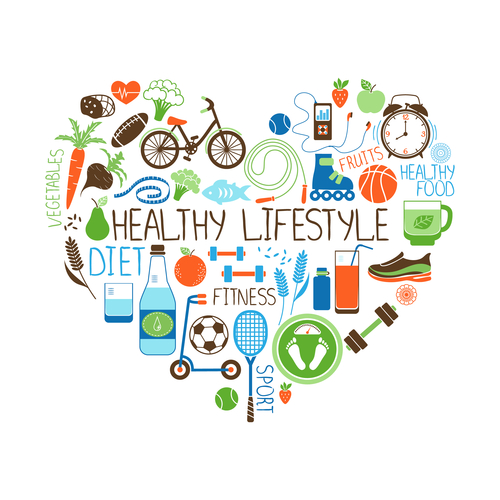
Recovery Tools for Successful Sobriety
Addiction treatment is the best place to start to live a sober lifestyle successfully. However, it’s after treatment that you will need certain recovery tools to maintain your sobriety for the long haul. Treatment is the place to start learning how to cope with life sober, and after treatment is when you will actually be implementing your new skills, on your own.
In drug and alcohol rehab, you can expect to learn sober skills to help keep you away from the substances that brought you down before treatment. They will include:
- Responsibility
- Repairing Relationships
- Social Skills
- Healthy Lifestyle Choices – including nutrition planning and fitness
- Financial and Career Planning
These skills may seem basic to some people, but to a person just out of rehab, they can make the difference in keeping them sober. Some people in rehab may have extensive experience in these areas, and others may have none at all. Each client’s care plan is based upon knowing their history in these areas and tailoring it accordingly.
Exploring Important Recovery Tools Further
You may be curious what sober skills you or a loved one may learn in rehab. Here is a summary of core skills people learn in rehab:
Responsibility
It’s a fact that with addiction comes a huge lack of responsibility. As the addiction progresses, the only thing the addict will feel responsible for is feeding their habit. Other simple things like showering every day to caring for pets will now be a part of their lifestyle. We work with each client to identify the responsibilities on their plate and come up with ways they will handle them without turning to drugs or alcohol again.
Repairing Relationships
One thing addiction does for sure is destroy relationships. The process of repairing relationships begins in rehab, with individual counseling, family counseling, and even peer interaction. We help clients take an honest look at the wrongs they have committed in the past. Additionally, medical professionals will assess the probably of an addict being hurt in toxic relationships. Identifying the people worth repairing relationships with and figuring out the best way to approach the situation starts as soon as the client begins treatment.
Social Skills
Similarly to dealing with relationships, addicts are used to their socializing being completely based on doing drugs or drinking alcohol. Working with clients and showing them ways to have fun without being under the influence is a huge part of recovery. The fear of never being able to have fun again is a huge detriment to recovery. The goal is to get clients to realize they can have just as much fun, if not more so, while sober.
Healthy Lifestyle Choices
Addicts spend months, years, and even decades abusing their bodies with alcohol and drugs. The concept of a healthy diet and fitness might be completely foreign. In rehab, clients meet with dieticians to talk about making healthier choices. Additionally, medical conditions like diabetes will be brought to light, so a dietician can give nutritional advice accordingly. Fitness is an essential part of a healthy lifestyle as well. In rehab, clients will have the opportunity to participate in light to moderate activities like yoga and gym sessions. Medical professional’s primary objective is to help the addict form habits that they’ll maintain after treatment is completed.
Financial and Career Planning
Learning how to budget might be a completely new concept for someone who is used to spending all of their money on drugs or alcohol. Clients also learn planning skills to ensure their bills are covered, and they can avoid the chance of eviction. As far as career planning, clients are taught how to build an enticing resume and look for jobs based on their skill sets. After recovery, finding a solid job should be a priority, in addition to spending time on their recovery.
Sober Success Will Come Together With an Honest Lifestyle
This list may seem overwhelming, but they are essential components of living a responsible, adult life. As the tools are implemented, there will come reasons to celebrate recovery, like getting to a certain level of fitness, saving some money, or getting a job you enjoy. Furthermore, it’s important to celebrate all these seemingly little things in recovery because they are the things that matter.
In order move forward with successful sobriety, keep working hard on your recovery, even as you get more sober time under your belt. As you leave full-time or residential treatment, you may want to consider tapering down to an intensive outpatient program to still have the support you may need, with less time commitment. Longer-term, you can think about meeting weekly with a therapist, or attending AA or NA groups if those appeal to you.
Remember to focus on your recovery and the rest will fall into place. Work on being your best possible self, and you’ll begin to see the success roll in.






